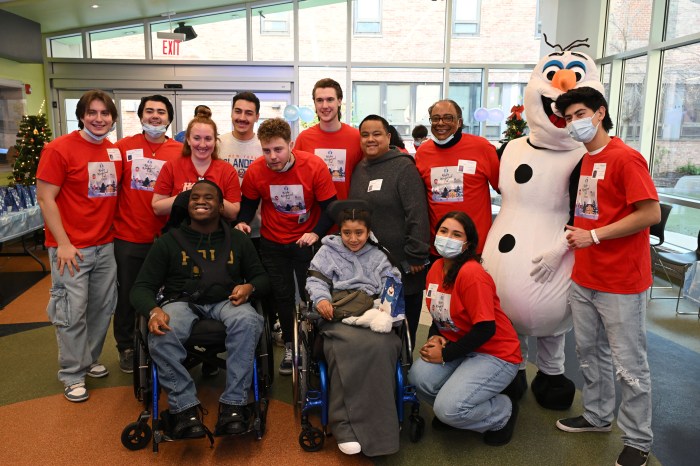Social networking sites like Facebook, MySpace and Twitter might seem like a fun way to keep in touch with people and let them know what you’re up to, but the reality is that users need to take the proper safety precautions.
“I think the biggest mistake people make is assuming everything is safe online,” said Maeve Koeltl, a volunteer with the organization Teenangel who helps educate students, parents, industry leaders and elected officials on the subject of Internet safety.
Koeltl went through the intensive training program because she wanted to help others after realizing the online dangers when she had a safety issue in middle school.
Just as someone would not give out a lot of details when meeting a stranger in person, Koeltl said that it should not happen online. She said that the biggest step a person needs to take is to worry about their privacy.
Koeltl said that friend requests should not be accepted unless a person is friends with them in real life, and she believes that a boundary needs to be maintained between strangers and friends. She also said that social networking site users should be careful about what they are actually posting.
“Real life friends don’t need to know what you’re doing every step of the way,” she said.
One of the most important steps that Koeltl said users can take is to make full use of privacy settings that some of these sites have. She noted that, this way, users can decide who can see what on their profiles.
“By using those privacy settings you just keep yourself safer,” Koeltl said.
For college students in particular, Koeltl warns they should not to put any inappropriate things in their profile, especially if they are in the process of scheduling job interviews. Potential employers, professors and plenty of others might be able to see something you would rather they did not, such as photos from a party or a negative comment made in a post.
Just last summer, Lee Landor, who was the Deputy Press Secretary for Manhattan Borough President Scott Stringer, resigned after a controversy over comments she posted on Facebook.
Other potential problems that the Federal Trade Commission (FTC) notes could happen are being stalked by a person met online, having an identity stolen or having a computer hacked.
There are several steps that the FTC recommends taking. They include not using information such as name, age or hometown in screen names; not posting photos of yourself; realizing the consequences of flirting online with strangers; and being wary of people you meet online who want to meet in person.
It’s also important to remember that once information is posted on the Internet, it cannot be taken back.
“Even if they delete the information from a site, older versions may exist on other people’s computers and be circulated online,” according to the FTC web site.



































